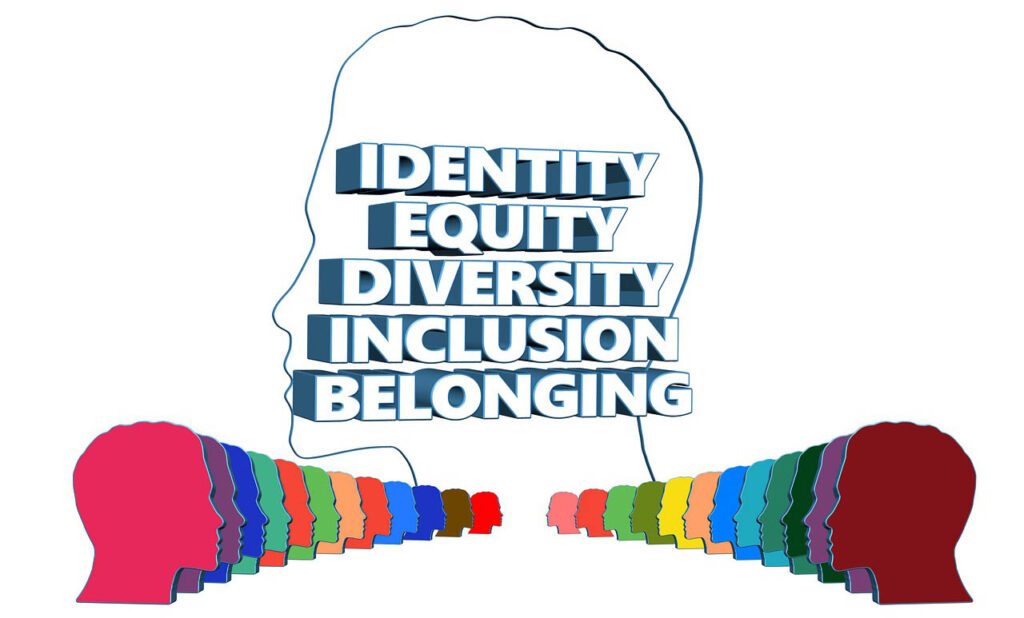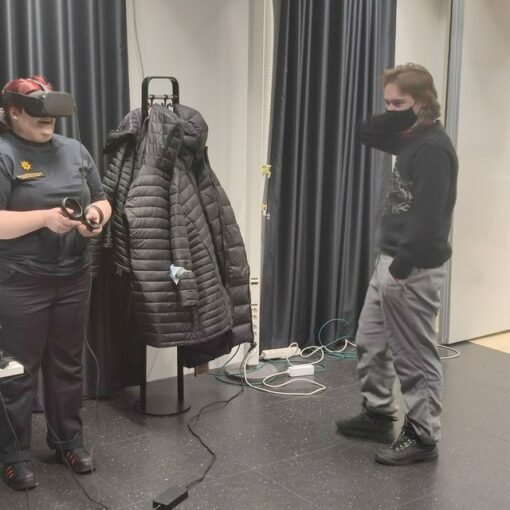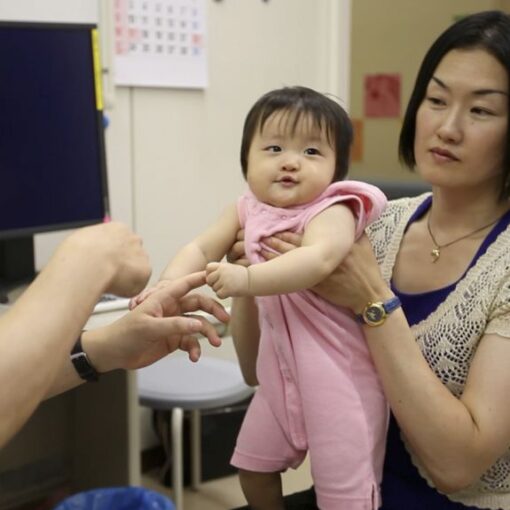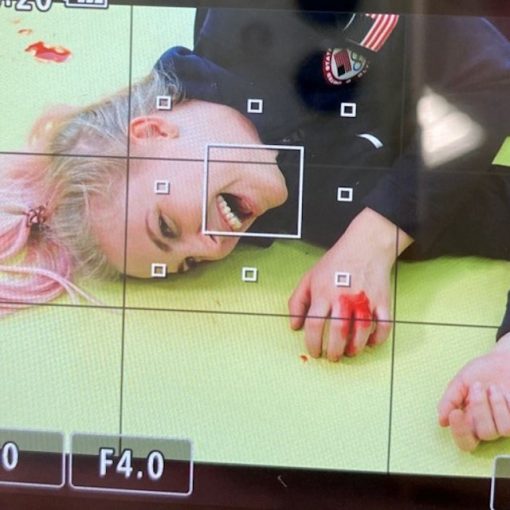“So, here is my experience on growing up in Britain; it was always a case of making sure that I was grateful” (Okwonga 2017, 224).
The above quote is from a collection of essays The Good Immigrant (2017) where 21 writers inquire into what it means to be black, Asian or minority ethnic in Britain. Albeit ‘local’, it does not describe an uncommon experience anywhere, should one try to be a part of a social, national, or cultural group from a perspective and background outside that of the prevailing, often Western-centric ‘norm’. Trying to find a way to enter from the outside is an arduous endeavor. That same applies for those coming from within but being anyhow regarded ‘different’, whether it is due their visible difference or of the kind that does not show (Ajanko 2020).
When it comes to belonging or not, the discussion is never-ending and always necessary. Inclusion is the key term. The British-Indian artist Anish Kapoor, who has lived in England for over 40 years has spoken of recent political and societal shifts bluntly (Higgins 2022): “I’m dismayed with England(…) and it’s not just the politics and Brexit, it’s what’s happened to our spirit. We’ve changed from being inclusive to being exclusive. It makes me terribly sad.”
The above examples are coincidentally from England. The same applies everywhere. How can we, as a society, defeat the experience of not-belonging and the feeling of not being accepted through our own thoughts and actions, in the workplace and beyond? Solutions? Only one. Will to accept variation. This is called inclusion.

The GLOBDIVES project (LAB 2022) aims to educate and deepen awareness of global citizenship and diversity management across higher education in Europe. The LAB University of Applied Sciences will create and pilot a course on Global Citizenship and Diversity Management for the Sustainable Solutions in Engineering international degree program for fall 2022. Project partners from Lithuania, Germany, Spain and Romania will join in developing the course. It will be interesting to see how a multinational student team will handle issues concerning matters such as minorities, as these issues can provoke debate within each community itself, let alone when individual country matters are shared for discussion.
Welcoming minorities
Integrating the global with the local in the discussion around diversity is relevant in today’s tumultuous world. There is a real demand for understanding difference in modern work life. Questions such as how to approach your colleague in your multinational team and how to lead that team, and how to generally understand and carry our responsibility not only in our surrounding society but as the citizens of the world are ever more pressing and relevant. How will we all welcome our own minorities, such as the Romani and Sami, as well as those employees with partial ability to work and invisible disabilities. And what is more, doing that in a sustainable manner, both towards the fragile environment and manifesting ultimately as socially lasting changes.
Author
Jaana Loipponen, PhD (soc.), MA, worked as an expert in GLOBDIVES project (LAB 2022) for the issues of diversity management and also gives a course Moninaisuus organisaation voimavarana in the Faculty of Business Studies and Hospitality Management with a colleague Tapio Kari (MSC econ).

References
Ajanko, S. 2020. A lecture for the course Moninaisuus organisaation voimavarana. Lahti: LAB University of Applied Sciences.
geralt. 2022. Altmann, G. Liittäminen, osallisuus. Pixabay. Cited 15 Jun 2022. Available at https://pixabay.com/fi/illustrations/liitt%c3%a4minen-osallisuus-k%c3%a4det-auta-7171054/
Higgins, C. 2022. Venice in Vantablack. Anish Kapoor’s Disappearing Act. Cited 30 May 2022. Available at https://www.theguardian.com/artanddesign/2022/apr/21/anish-kapoor-venice-exhibitions-vantablack
LAB. 2022. GLOBDIVES. Global citizenship diversity management skills higher education. Project. Cited 15 Jun 2022. Available at https://lab.fi/fi/projekti/global-citizenship-diversity-management-skills-higher-education
Okwonga, M. 2017. The Ungrateful Country. In Shukla, N. (ed) The Good Immigrant. London: unbound.




